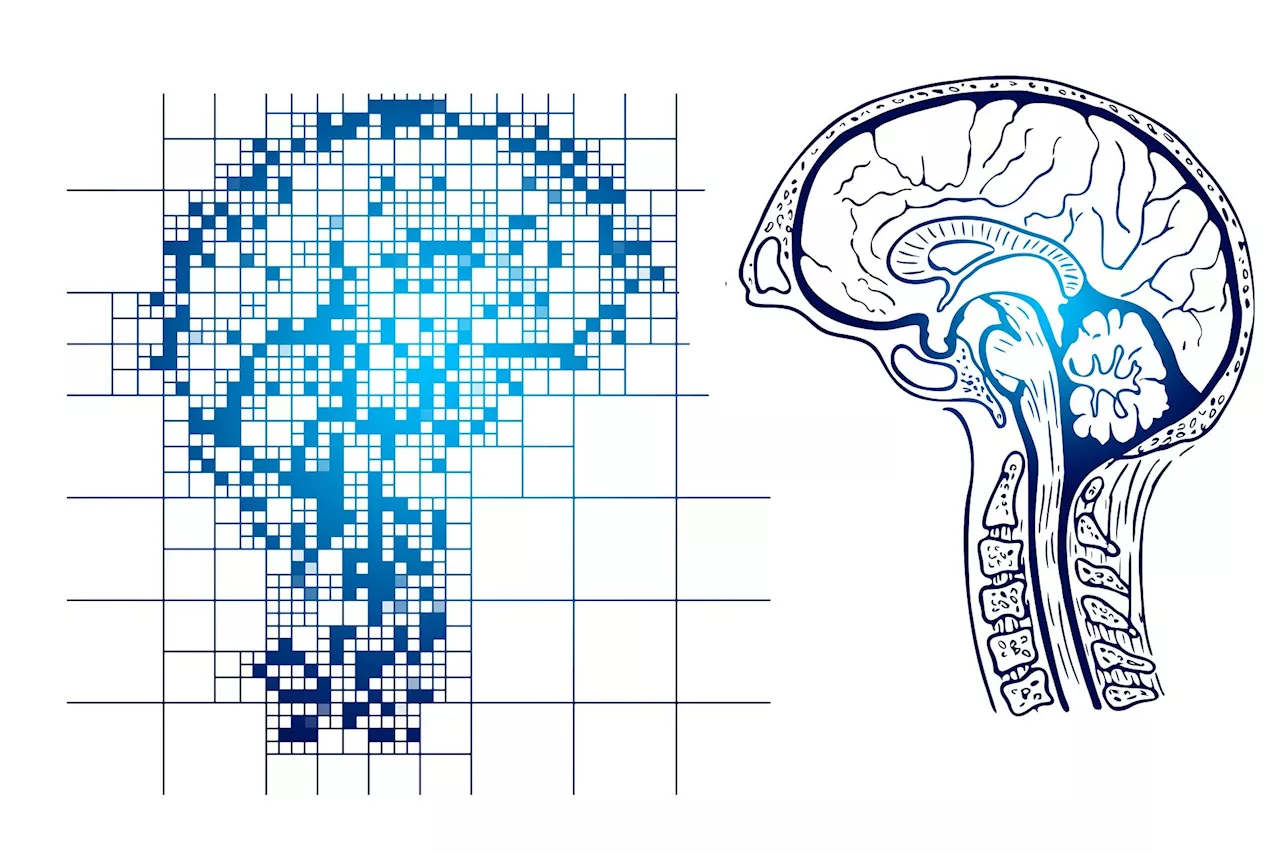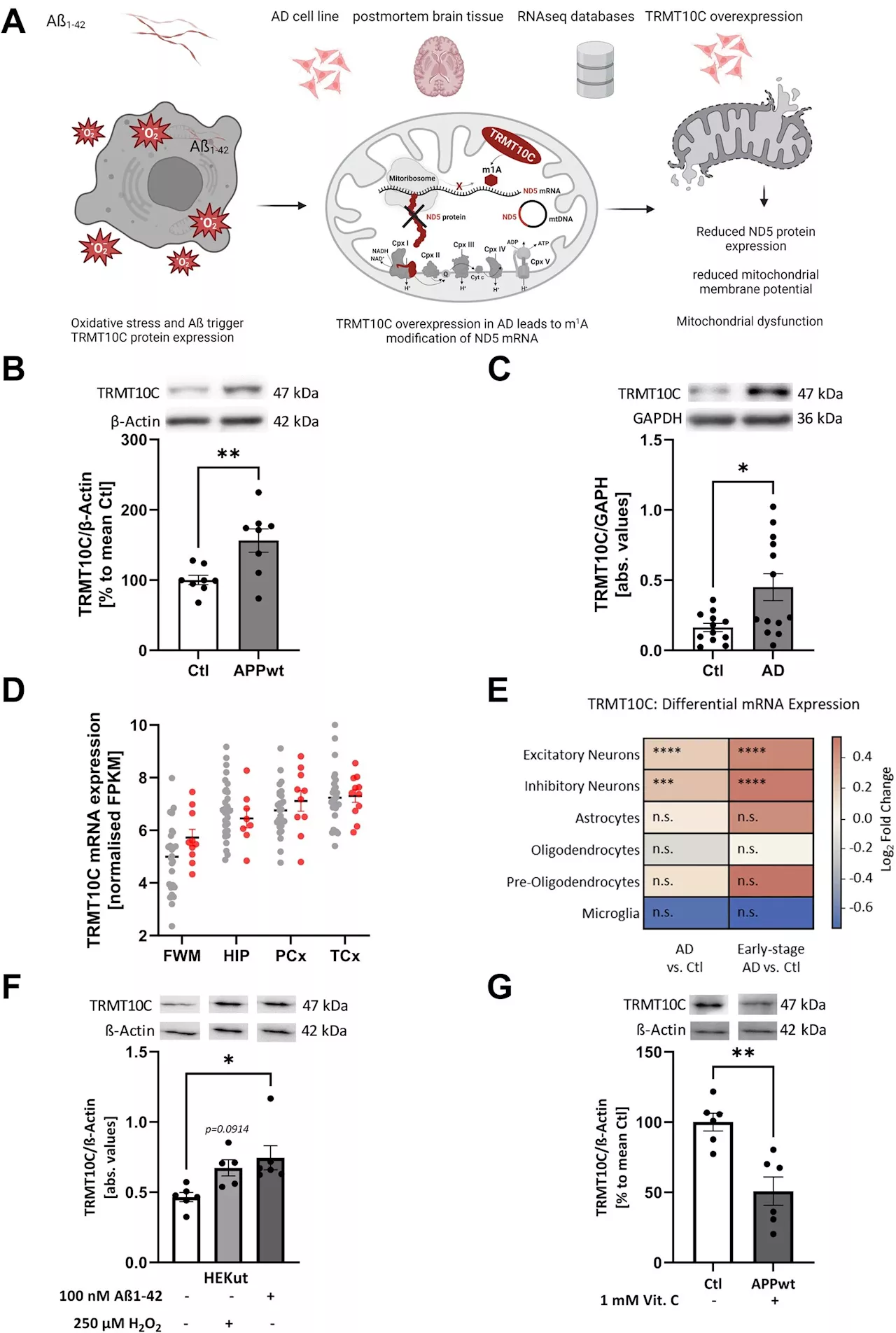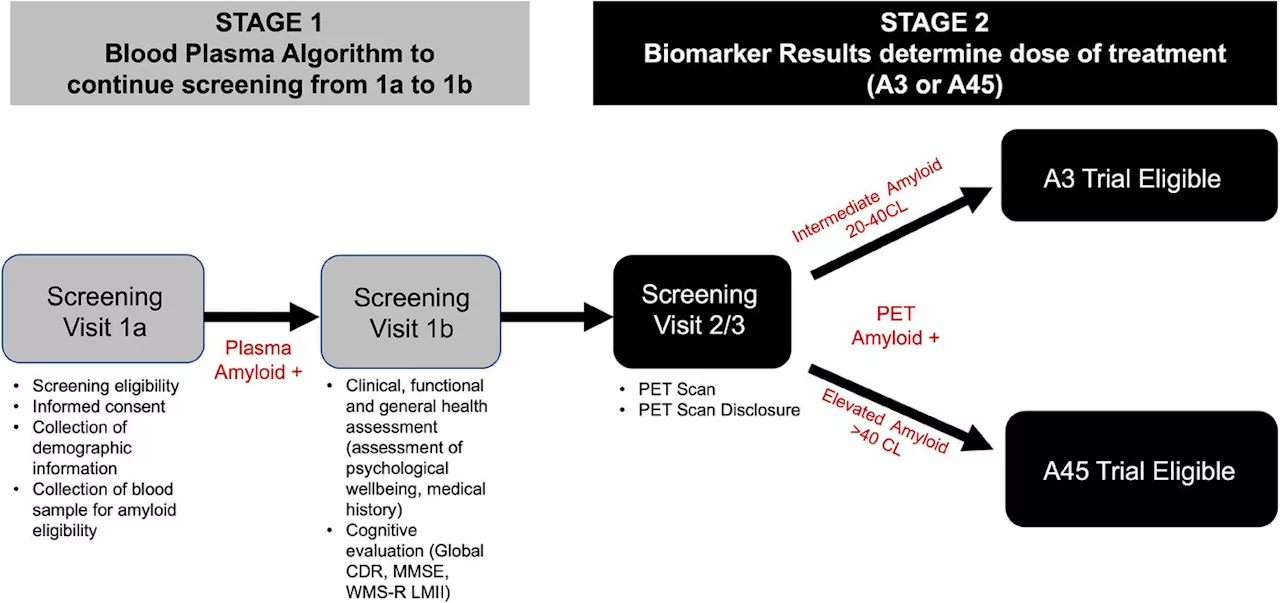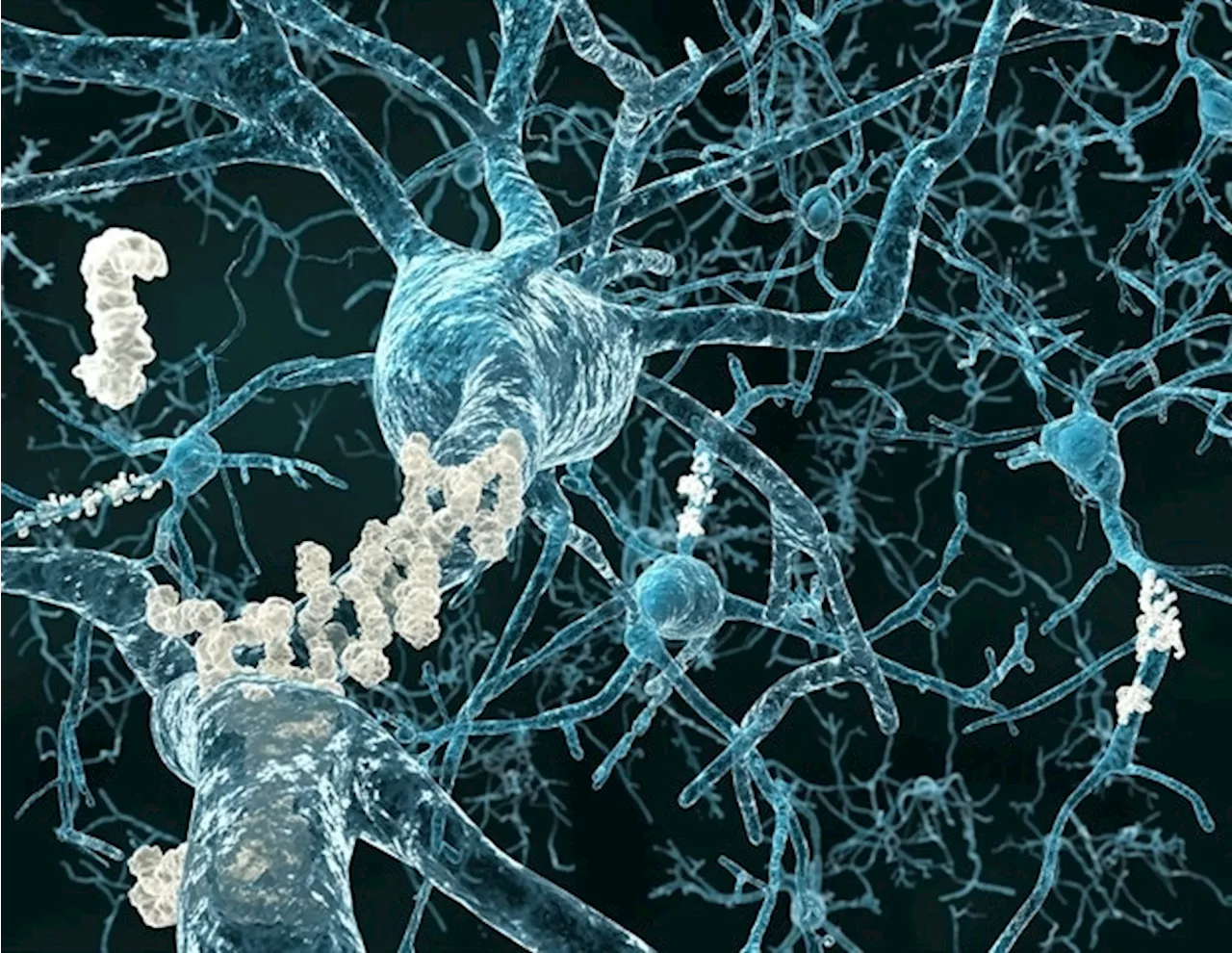Researchers from the Research Area on Neurological Diseases, Neuroscience, and Mental Health at the Sant Pau Research Institute, led by Dr.
May 6 2024Institut de Recerca Sant Pau Juan Fortea, Director of the Memory Unit of the Neurology Service at the same hospital, have found that over 95% of individuals over 65 years old who have two copies of the APOE4 gene -APOE4 homozygotes- show biological characteristics of Alzheimer's pathology in the brain or biomarkers of this disease in cerebrospinal fluid and PET scans.
"These data represent a reconceptualization of the disease or what it means to be homozygous for the APOE4 gene. This gene has been known for over 30 years and it was known to be associated with a higher risk of developing Alzheimer's disease. But now we know that virtually all individuals with this duplicated gene develop Alzheimer's biology. This is important because they represent between 2 and 3% of the population," explains this researcher.
In this work, researchers evaluated clinical, pathological, and biomarker changes in APOE4 homozygotes to determine their risk of developing Alzheimer's disease. They used data from 3,297 brain donors, including samples from 273 APOE4 homozygotes from the National Alzheimer's Coordinating Center and clinical and biomarker data from over 10,000 individuals, including 519 APOE4 homozygotes from five large multicenter cohorts of subjects with Alzheimer's disease biomarkers.
Related StoriesBased on these results, the authors suggest that the genetic variant of the APOE4 gene is not only a risk factor for Alzheimer's disease, as previously thought, but could also represent a distinct genetic form of Alzheimer's disease.
Gene Genetic Biogen Biomarker Brain Diagnostics Genes Hospital Imaging Medicine Mental Health Molecular Imaging Neurology Neuroscience Pathology Research
United Kingdom Latest News, United Kingdom Headlines
Similar News:You can also read news stories similar to this one that we have collected from other news sources.
 Banking behavior could be used to detect early Alzheimer's, finds new researchAlzheimer's Disease can be detected years in advance of a clinical diagnosis by monitoring how people manage their finances, according to new research.
Banking behavior could be used to detect early Alzheimer's, finds new researchAlzheimer's Disease can be detected years in advance of a clinical diagnosis by monitoring how people manage their finances, according to new research.
Read more »
 Q&A: Alzheimer's and Arab Americans—more research neededMiddle Eastern and Arab American populations may have higher rates of Alzheimer's disease and related cognitive impairments, but researchers don't exactly know because these populations aren't identifiable in national datasets.
Q&A: Alzheimer's and Arab Americans—more research neededMiddle Eastern and Arab American populations may have higher rates of Alzheimer's disease and related cognitive impairments, but researchers don't exactly know because these populations aren't identifiable in national datasets.
Read more »
 New study reveals potential cellular mechanism behind cognitive decline in Alzheimer'sResearchers have developed a robust method for identifying rare brain neurons that re-enter the cell cycle, offering insights into their role in cognitive disorders such as Alzheimer's disease.
New study reveals potential cellular mechanism behind cognitive decline in Alzheimer'sResearchers have developed a robust method for identifying rare brain neurons that re-enter the cell cycle, offering insights into their role in cognitive disorders such as Alzheimer's disease.
Read more »
 Study finds RNA modification is responsible for disruption of mitochondrial protein synthesis in Alzheimer's diseaseA team of researchers at Johannes Gutenberg University Mainz (JGU) has identified a mechanism that causes mitochondrial dysfunction in Alzheimer's patients resulting in a reduction of the supply of energy to the brain.
Study finds RNA modification is responsible for disruption of mitochondrial protein synthesis in Alzheimer's diseaseA team of researchers at Johannes Gutenberg University Mainz (JGU) has identified a mechanism that causes mitochondrial dysfunction in Alzheimer's patients resulting in a reduction of the supply of energy to the brain.
Read more »
 Large-scale study identifies new approach to early Alzheimer's detectionDigital memory test and a blood sample - this combination will be tested for its potential to identify early Alzheimer's disease in a new research study. Over a hundred healthcare centers are part of the study that is now inviting participants to sign up. At least 3,000, preferably many more participants are needed for the study to be successful.
Large-scale study identifies new approach to early Alzheimer's detectionDigital memory test and a blood sample - this combination will be tested for its potential to identify early Alzheimer's disease in a new research study. Over a hundred healthcare centers are part of the study that is now inviting participants to sign up. At least 3,000, preferably many more participants are needed for the study to be successful.
Read more »
 Study links lack of diversity in Alzheimer's disease clinical trials to differences in amyloid levelsIt's long been recognized that some of the groups most likely to get dementia, including African Americans and Hispanics, are greatly underrepresented in clinical trials.
Study links lack of diversity in Alzheimer's disease clinical trials to differences in amyloid levelsIt's long been recognized that some of the groups most likely to get dementia, including African Americans and Hispanics, are greatly underrepresented in clinical trials.
Read more »
